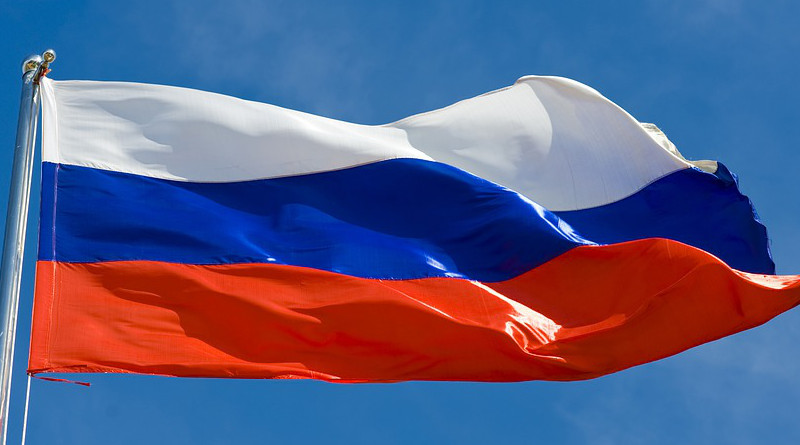Opposition Spreads To Kremlin Plan To Disband Constitutional Courts In Republics – OpEd
By Paul Goble
Having gelded the Russian Constitutional Court (windowoneurasia2.blogspot.com/2020/11/having-gelded-russian-constitutional.html), the Kremlin is seeking to abolish its analogue in the 13 republics which have constitutional courts (windowoneurasia2.blogspot.com/2020/11/moscow-may-move-against-regional.html and windowoneurasia2.blogspot.com/2020/11/ingush-case-clear-example-of-kremlins.html).
Moscow clearly assumed that these relatively inactive and highly specialized institutions could be pushed aside easily, especially as it and its representatives in the republics made the case that money could be saved if these courts were done away with. But that assumption has proved wrong for three reasons.
First, while these courts have not been active, they have occasionally intervened to defend the prerogatives of the republics against Moscow as the Ingush court did when it declared Yunus-Bek Yevkurov’s land handover to Chechnya illegal. Consequently, many people in the republics see them as invaluable.
Second, an increasing number of non-Russians are connecting the dots and see this latest Moscow move as simply another step in its plans to reduce the status of the republics to the point of meaninglessness and have decided that they have more chance of winning a victory now for federalism than they might in the future.
And third, at least some in the republics believe they have allies in the Federation Council whose existence would be rendered meaningless if there were no federation left. They have thus decided to target their messages in defense of these courts not to the Kremlin or the Duma but precisely to the upper house of the Russian parliament.
The Democratic Congress of the Peoples of Russia, an umbrella organization for non-Russian activists, and the Congress of Sakha have now sent messages to Federation Council speaker Valentina Matviyenko urging her to oppose doing away with republic constitutional courts (zapravakbr.ru/index.php/30-uncategorised/1600-demokraticheskij-kongress-narodov-rossii-vystupaet-protiv-uprazdneniya-konstitutsionnykh-sudov-v-respublikakh and aartyk.ru/obshhestvo/pravlenie-kongressa-saha-otkryto-obratilos-k-spikeru-soveta-federacii/).
Only a few weeks ago, it appeared that Ingushetia stood alone against the possibility that republics would lose their constitutional courts given the central role its court occupies in the understanding of the Ingush about what makes their republic a republic and their appreciation for its action on the land deal.
But now representatives from across the North Caucasus, the Middle Volga, Siberia and the Far East have joined them, strengthening alliances among these groups and setting the stage for interregional protests if Moscow goes ahead, an outcome few would have predicted when the Kremlin began its moves against these institutions.

